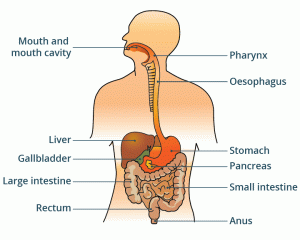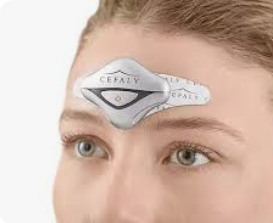Headaches are one of the most frequent reasons people take medication or see a healthcare specialist. But it can be hard to know when you should seek medical attention and how to find the right providers. To determine the best course of action, ask yourself the following questions:
- Does headache interfere with your life, including work, school, family, or social activities?
Have your headaches become more frequent recently or more severe?
Are over-the-counter medications no longer effective, or are you concerned you might be taking too much?
Have you gone to the emergency department for a headache?
If you answered “yes” to any of the questions, it’s time to seek medical attention. A good place to start is by talking to your primary care provider (PCP). They may be able to get the ball rolling, but they’ll probably give you a referral to a neurologist or headache specialist. A headache specialist is a physician, often a neurologist or anesthesiologist, who has expertise in the diagnosis and treatment of head pain disorders that comes from an extra year of training, called a fellowship.
A specialist can best deal with headaches that are severe, incapacitating, or resistant to treatment.
A headache specialist may be listed as “UCNS certified;” you may want to check that they are. If so, it means the United Council for Neurologic Subspecialties (UCNS), an organization that provides accreditation to fellowship programs and certification to individual physicians in neurologic subspecialties, including headache medicine, has certified the doctor is sufficiently trained to be an expert in the field.
“UCNS certified” headache specialists may be neurologists or any other type of physician who has expertise in the treatment of headache disorders. All doctors who’ve taken and passed the UCNS certification exam are legally allowed to call themselves “headache specialists.”
So, other than a PCP referral, how do you find a headache specialist, UCNS certified or not?
The most common source of referrals to any type of healthcare provider is through word of mouth from satisfied patients. Look for testimonials from headache clinics, or ask a physician who they’d go to if they needed to. Oftentimes, that makes for the best fit.
Another way is through your insurance company’s website, which may allow you to search for a headache specialist. Or, you can call their referral service to get more information.
The American Migraine Foundation website has a page called “Find a Healthcare Professional,” where users can search for a headache specialist by name, state, city, ZIP code, distance from your current location, and several other categories.
The UCNS website contains a list of all their certified headache specialists. One caveat, though, is that some of the location information may be outdated, because the doctors were added to the list in the year they took the certification exam, which in some cases goes back as far as 2006.
Depending on where you live, it may be hard to find a UCNS certified headache specialist, as there are only 564 UCNS headache specialists in the entire US. In fact, six states have no headache specialists: Alaska, Delaware, Montana, North Dakota, South Carolina, and Wyoming, and eight states have only one for the entire state: Arkansas, Idaho, Kansas, Mississippi, New Mexico, Oregon, South Dakota, and Vermont.
Finally, if you do find a headache specialist, they may recommend that you participate in a headache program or receive inpatient care to treat your headaches. While your knee-jerk reaction may be an immediate “no,” these approaches can be particularly helpful if you deal with very severe and treatment-refractory headache.
Most specialists also combine pharmacological treatments with scientifically proven non-pharmacologic treatments that include biofeedback, acupuncture, relaxation training, and cognitive behavioral therapy (CBT) for headache.



